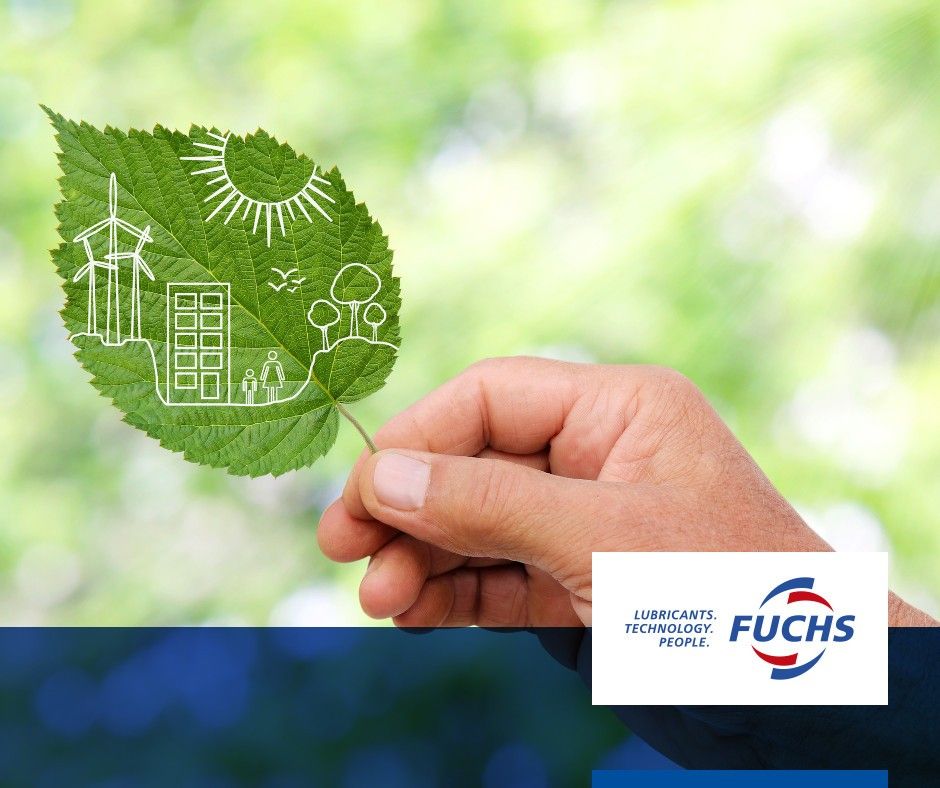FUCHS extends its carbon neutrality scope
With global operations in the lubricants sector, the FUCHS Group has already been operating on a carbon-neutral basis at all manufacturing subsidiaries since 2020. For 2021, all non-production subsidiaries and all joint ventures will now also be included in FUCHS' carbon neutrality - irrespective of the stake held by FUCHS.
FUCHS is thereby setting another milestone while implementing its sustainability strategy, which it has been pursuing for almost ten years. The key here is the objective of carbon neutrality in line with the principle of "avoid - reduce - compensate". FUCHS has already been completely carbon-neutral gate-to-gate at all manufacturing subsidiaries since the start of 2020. This means that all emissions produced in the context of production and operational activities are neutralized - whether energy and water consumption, waste generated, fleet operations or employee travel and commuting. Compensation is not the only instrument for reducing emissions here. In fact, FUCHS is working continuously on reducing both emissions and resource consumption. For example, FUCHS was able to reduce its energy-related emissions per ton of lubricant produced by 26% between 2010 and 2019.
"We consider it extremely important to further improve our corporate carbon footprint and thereby fulfil our responsibility for global climate protection," explains Stefan Fuchs, Chairman of the Executive Board at FUCHS PETROLUB SE. Therefore, with effect from the beginning of 2021, the company has not only been including its manufacturing companies in the calculation and compensation of its carbon footprint, but also the non-producing subsidiaries, as well as all joint ventures.
While joint ventures are typically only included in compensation measures at the level of equity share, FUCHS has chosen to adopt a different approach: Irrespectively of the actual stake held in a joint venture, FUCHS includes 100% of its emissions. "By taking this voluntary step, we want to show just how seriously we take our sustainability goals, while also underlining the importance of maximum transparency and credibility of our carbon balancing measures," reaffirms Markus Garb, Vice President Sustainability.
Although FUCHS is working continuously on reducing and, where possible, preventing emissions altogether, some emissions are simply unavoidable. These are then compensated by purchasing certificates for selected climate protection projects. Increased use of renewable energy is a key focus in this regard, helping to reduce the use of fossil fuels. These include projects such as hydropower in India, Argentina, and China, as well as wind power in Indonesia, an efficient gas-fired power plant for grid stabilization, also in India, and advanced cooking stoves produced locally in Zambia. In some cases, this has even allowed a more stable power grid to be established on a renewable basis in the respective regions. When selecting projects, FUCHS focuses on regions in which it has business operations, prioritizing projects that also pursue social objectives beside certified climate protection.
But it does not end here. In fact, FUCHS is planning to extend its carbon neutrality scope even further from 2025 onwards, when it will also include the entire upstream supply chain (cradle-to-gate). In order to achieve this, extensive preparations are needed throughout the entire lubricants sector. This also includes activities with associations supporting the drafting of respective standards. FUCHS is actively contributing to this development.
